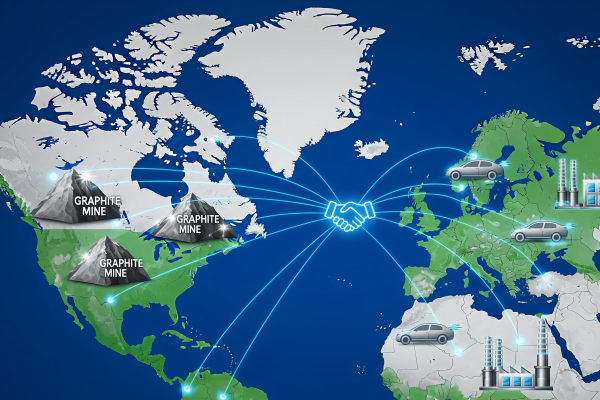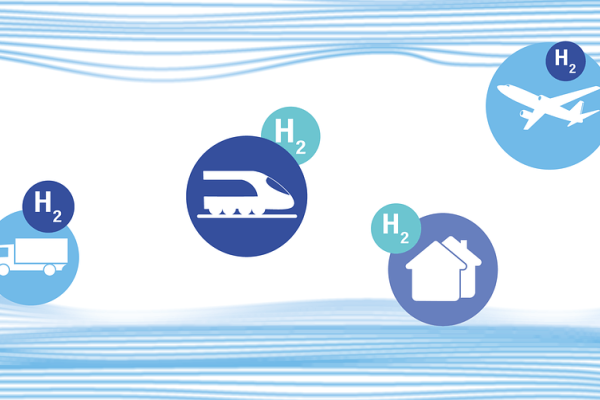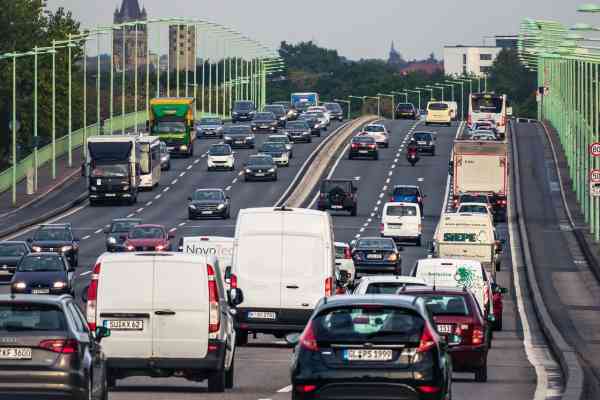April 1st, 2020 | 10:32 CEST
Daimler, dynaCERT, Tesla, Volkswagen - Electromobility threatens setback
The world stands still. Only a few vehicles are still rolling on the roads. Trucks supply the supermarkets with food and those who can, take their own car for shopping or for the way to work to avoid the risk of public transport becoming infected. However, most people currently spend most of their time at their home or home office, as it is now called. The exciting question these days is: when can the old normality finally start again? But there is also enormous uncertainty about the personal economic situation. Will your company or your employer manage to survive? The need to buy a new car in such a situation should be close to zero.
time to read: 2 minutes
|
Author:
Mario Hose
ISIN:
DE0007100000 , CA26780A1084 , US88160R1014 , DE0007664039
Table of contents:

"[...] We can convert buses and trucks to be completely climate neutral. In doing so, we take a modular and incremental approach. That means we can work with all current vehicle types and respond to new technology and innovation [...]" Dirk Graszt, CEO, Clean Logistics SE
Author
Mario Hose
Born and raised in Hannover, Lower Saxony follows social and economic developments around the globe. As a passionate entrepreneur and columnist he explains and compares the most diverse business models as well as markets for interested stock traders.
Tag cloud
Shares cloud
Government has new priorities
The price of petrol and diesel is at a level we have not seen for a long time. Bargain hunters will probably itch to fill up their tanks again at every price board. But full is full, because the fuel consumption is currently minimal. Business is closed and social contacts should be avoided, so where should the journey go?
Low fuel costs also do not motivate the potential buyer groups of an electric car to change over now. On the contrary. In uncertain times people cut back on spending and investment. The energy transition in mobility will probably be put on hold for the time being. The government must now ensure the survival of the entire economy, leaving no resources or capacities for subsidized experiments.
Controversial technology without added value
In recent years, German car manufacturers have increasingly become the plaything of politics. Environmental regulations that were not in line with customer requirements confronted the engineers with enormous challenges. The forced changes in mobility made only slow progress despite subsidies with taxpayers' money.
Battery cars with morally questionable cobalt and lithium from developing countries are just as unhelpful for sales as the fact that only a portion of the charging current comes from renewable energies. The environmental friendliness of battery cars is therefore controversial.
Tesla in the fight for survival
As a manufacturer of battery cars, Tesla is now heading for difficult times, as sales of this type of vehicle will be low in the near future. Whether the latest capital injection of two billion USD will be enough to survive remains to be seen.
Daimler and Volkswagen have also backed electric mobility, but they can still run on internal combustion engines - without state subsidies. Either way, the coming weeks will be a test of patience for the carmakers, because the longer the Corona Crisis and its restrictions continue, the greater the problems for the industry will be.
dynaCERT makes diesel green
The company dynaCERT has developed a hydrogen technology that can be retrofitted to diesel engines. The fuel consumption is reduced by up to 20% and the emission of pollutants is significantly lowered. A reduction of up to 88% in NOx has been measured. Emissions of particulate matter were reduced by up to 55% and of CO2 by up to 10%.
The advantage of dynaCERT is that the retrofit market for used vehicles is many times larger than for new vehicles. For this reason, the Corona Crisis is not expected to have a lasting negative impact on the company. Customers who want to achieve a competitive advantage by saving fuel and at the same time protect the environment can achieve this with their existing diesel vehicle and the HydraGEN device from dynaCERT.
Conflict of interest
Pursuant to §85 of the German Securities Trading Act (WpHG), we point out that Apaton Finance GmbH as well as partners, authors or employees of Apaton Finance GmbH (hereinafter referred to as "Relevant Persons") may in the future hold shares or other financial instruments of the mentioned companies or will bet on rising or falling on rising or falling prices and therefore a conflict of interest may arise in the future. conflict of interest may arise in the future. The Relevant Persons reserve the shares or other financial instruments of the company at any time (hereinafter referred to as the company at any time (hereinafter referred to as a "Transaction"). "Transaction"). Transactions may under certain circumstances influence the respective price of the shares or other financial instruments of the of the Company.
Furthermore, Apaton Finance GmbH reserves the right to enter into future relationships with the company or with third parties in relation to reports on the company. with regard to reports on the company, which are published within the scope of the Apaton Finance GmbH as well as in the social media, on partner sites or in e-mails, on partner sites or in e-mails. The above references to existing conflicts of interest apply apply to all types and forms of publication used by Apaton Finance GmbH uses for publications on companies.
Risk notice
Apaton Finance GmbH offers editors, agencies and companies the opportunity to publish commentaries, interviews, summaries, news and etc. on news.financial. These contents serve information for readers and does not constitute a call to action or recommendations, neither explicitly nor implicitly. implicitly, they are to be understood as an assurance of possible price be understood. The contents do not replace individual professional investment advice and do not constitute an offer to sell the share(s) offer to sell the share(s) or other financial instrument(s) in question, nor is it an nor an invitation to buy or sell such.
The content is expressly not a financial analysis, but rather financial analysis, but rather journalistic or advertising texts. Readers or users who make investment decisions or carry out transactions on the basis decisions or transactions on the basis of the information provided here act completely at their own risk. There is no contractual relationship between between Apaton Finance GmbH and its readers or the users of its offers. users of its offers, as our information only refers to the company and not to the company, but not to the investment decision of the reader or user. or user.
The acquisition of financial instruments entails high risks that can lead to the total loss of the capital invested. The information published by Apaton Finance GmbH and its authors are based on careful research on careful research, nevertheless no liability for financial losses financial losses or a content guarantee for topicality, correctness, adequacy and completeness of the contents offered here. contents offered here. Please also note our Terms of use.




